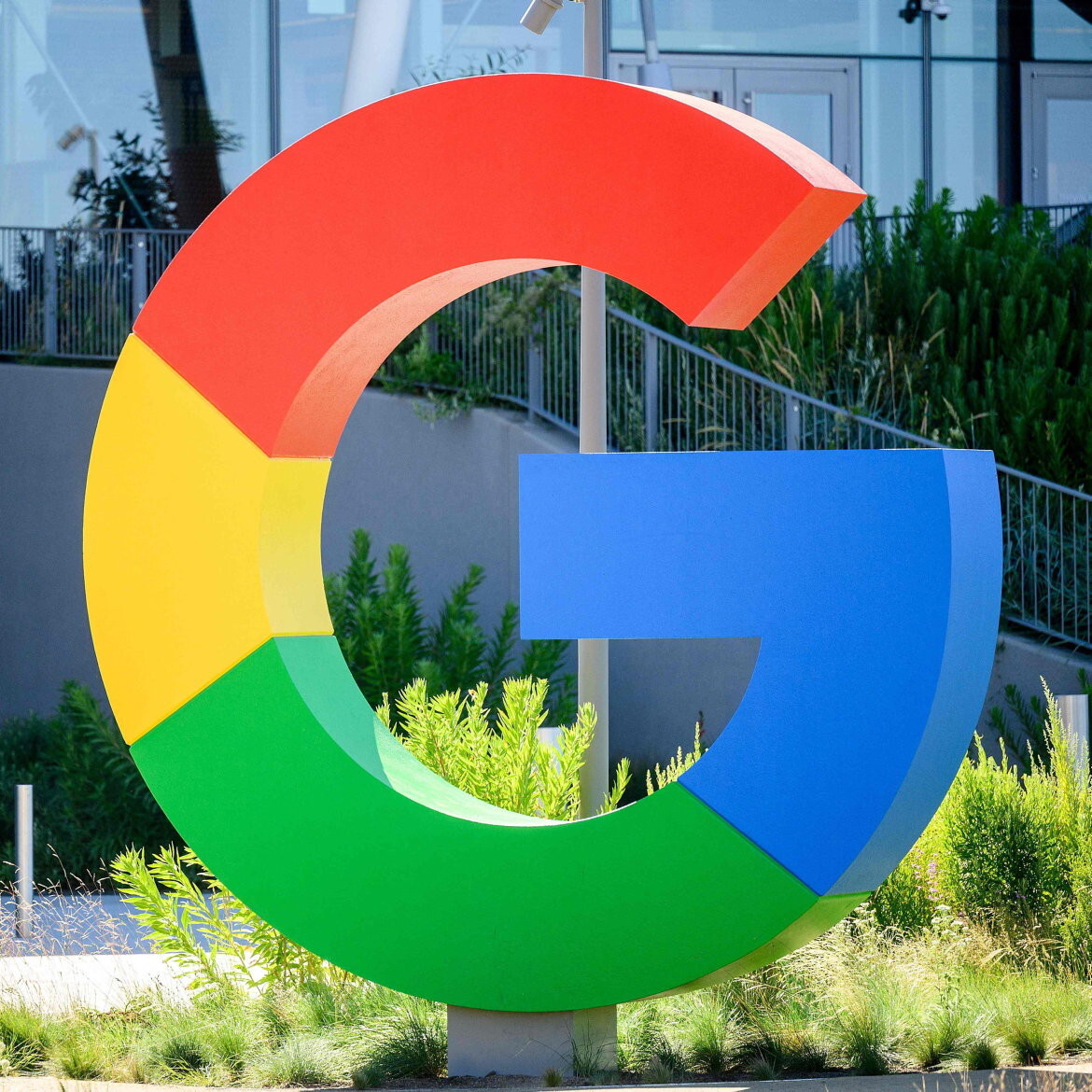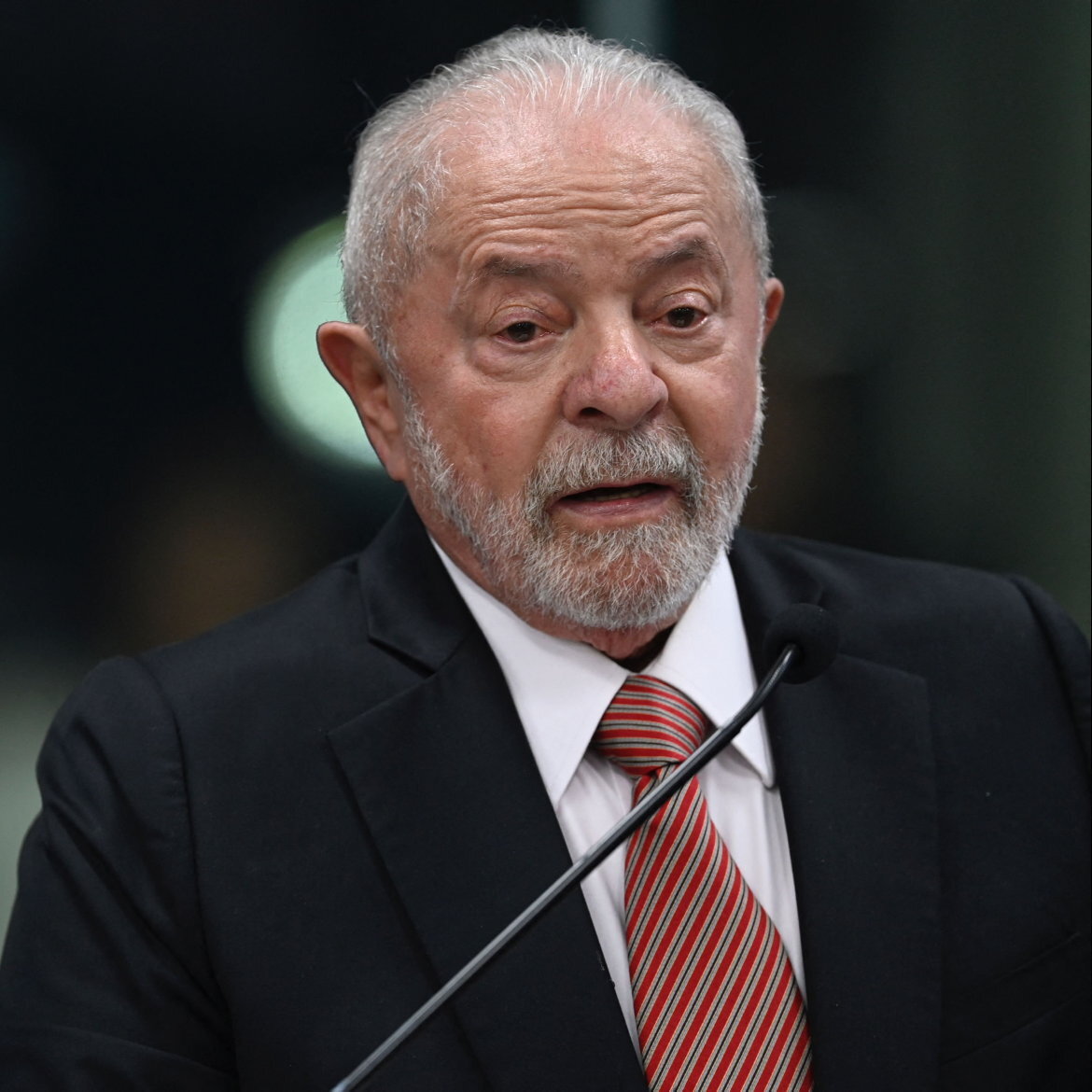The death toll from the earthquakes that hit Turkey and Syria on Monday passed 22,500, as bitterly cold weather stoked fears that few people will now emerge from the rubble alive. The World Bank pledged $1.78bn of aid for Turkey. The first aid convoy reached Syria on Thursday, where the rescue effort has been complicated by a decade of war and a regime that is suspicious of outsiders.
In a fresh missile attack, Russia hit power infrastructure in cities across Ukraine, including Kyiv, the capital. Ukrainian officials said that 17 rockets struck the south-eastern city of Zaporizhia in one hour. The head of Ukraine’s armed forces, General Valery Zaluzhny, claimed that two missiles crossed over Moldova and Romania, though the latter country denied its airspace was intruded.
Japan’s prime minister, Kishida Fumio, is reportedly set to appoint Ueda Kazuo, an academic, to replace Kuroda Haruhiko as governor of Bank of Japan. The change comes as the central bank prepares to tighten monetary policy for the first time since 2007. The unexpected choice of Mr Ueda, an academic and doveish former member of the bank’s policy board, has increased uncertainty around the turn.
Russia’s deputy prime minister, Alexander Novak, said that the country would cut its oil output by around 500,000 barrels a day in response to Western sanctions. On Sunday the EU banned the seaborne import of Russian diesel, having already done so for crude oil. The G7 has also introduced a price cap. Oil prices rose on Mr Novak’s announcement.
Britain’s national statistics agency revealed that the country narrowly avoided a recession last year, as it released figures showing that GDP growth was unchanged in the fourth quarter. GDP dropped by 0.2% in the third quarter; two consecutive contractions mark a recession. Britain’s chancellor, Jeremy Hunt, called the economy “more resilient than many feared”—but analysts still expect a recession this year.
SpaceX, an American spacecraft maker founded by Elon Musk, said it would limit Ukraine’s ability to use its satellite service, Starlink, for military purposes. Ukraine had reportedly used the system to operate drones. Meanwhile, France’s president, Emmanuel Macron, said he did not rule out eventually providing fighter jets to Ukraine, but said that priority should instead be given to support that could arrive quicker, such as artillery.
China’s biggest chipmaker, Semiconductor Manufacturing International Corp, said it was facing a difficult 2023, with demand for consumer electronics waning following the end of covid restrictions. The firm reported a record revenue of $7.2bn in 2022, but reckons growth is slowing. Strict export controls introduced in America in October will hamper it further.
Fact of the day: 45,755, the number of migrants who came to Britain in small boats across the English Channel in 2022. Read the full story.
Turkey reckons with the aftermath of disaster

Across the disaster zone hundreds of bodies are being pulled from the rubble every hour. Increasingly few are found alive. The death toll from the earthquakes that struck southern Turkey and northern Syria on February 6th has already exceeded 21,500 people, with more than 16,000 killed in Turkey alone. Rescue efforts are ongoing and aid is flooding in.
Even so, tens of thousands of people probably remain buried. At least 6,000 buildings in Turkey were destroyed; countless more are barely standing. Turkey’s shoddy building standards, often a product of corruption, have compounded the suffering. Even scores of new structures, supposedly quake-proof, have folded like houses of cards. Since a disaster in 1999 Turkey has collected an earthquake tax to fund disaster prevention and relief. Critics say the money was spent elsewhere. The priority now is surviving. Once the dust settles President Recep Tayyip Erdogan and his government will have hard questions to answer.
Google’s AI chatbot woes

Alphabet is learning how much damage a chatbot can do. On Wednesday Bard, an artificially intelligent program developed by Google’s parent company, failed to impress investors and presented a factual error in an advert. The blunder was compounded by comparisons with Microsoft, which on Tuesday showed off how its search engine, Bing, and browser, Edge, would be enhanced by AI. Microsoft is using models developed by OpenAI, the firm behind ChatGPT, an eerily perceptive chatbot.
Alphabet’s market value has since lost $170bn. The rout has less to do with Google’s gaffe than with the impression that Microsoft has stolen a march on its rival. (Google is yet to demonstrate how exactly Bard will integrate with search.) More competition and the use of expensive chatbots in search will mean lower profit margins, which will be especially painful for Google. Markets will watch closely to see how much users like the improved Bing, and how Google responds.

Lula goes to Washington

Luiz Inácio Lula da Silva, the president of Brazil, will visit President Joe Biden in Washington on Friday. Lula’s objectives are to discuss the climate crisis and how to strengthen democracies, as well as Brazil’s role in the “new geopolitics”. To that end Lula is planning to make one international excursion a month, including to China after March.
Brazilian diplomacy typically favours neutrality; in the past, Lula has too. During his first two terms as president—from 2003 to 2010—he managed to maintain strong ties with America and China. The latter now buys nearly a quarter of Brazil’s exports.
In his inauguration speech on January 1st, Lula promised to again “have relations with everybody”. But Brazil, and the world, have changed since he was last in office. The relationship between America and China is more tense, and Lula’s reluctance to support Ukraine has caused friction with Western leaders. His noncommittal stance may not work as well this time.
Can China keep avoiding inflation?

China has mostly dodged the inflation roiling the rest of the world. Its zero-covid regime restricted movement and took a heavy toll on Chinese morale. That suppressed consumer spending more effectively, ultimately, than it did infection. But now that China has abandoned lockdowns and quarantines, its consumers are shopping, dining and movie-going again. There is much talk of “revenge spending”. Will China also suffer from “revenge inflation”?
Figures released on Friday showed that inflation increased in January, but not by much. Consumer prices rose by 2.1% compared with a year earlier, up from 1.8% in December. Food prices should soften later in 2023 as China’s pork cycle turns. The ongoing property slump will keep rents subdued. And the economic slowdown elsewhere—partly engineered by central banks to stop inflation—could keep a lid on the price of commodities. The rest of the world fighting inflation so earnestly means that China might not have to.
An extraordinary exhibition of Vermeer’s paintings

The “Vermeer” exhibition that opens in Amsterdam on Friday is an extravaganza. The Rijksmuseum is showing 28 paintings by Johannes Vermeer, the most ever assembled in one place. They represent around three-quarters of his surviving works. (One was stolen in Boston in 1990 and hasn’t been seen since.) The pieces have been gathered from seven countries, despite the typical reluctance of institutions to loan out such paintings.
The Rijksmuseum has sold more advanced tickets for “Vermeer” than for any previous show. It is easy to see why. The exhibition traces the development of the artist’s technique, the leap he made to depict interiors, and the way he honed his mastery of perspective, colour and (above all) light. Vermeer died penniless in 1675, aged just 43, but today he is an artistic deity. For fans of “The Milkmaid” and “Girl with a Pearl Earring”, this show is a once-in-a-lifetime thrill.
'The World in Brief - with vocab.' 카테고리의 다른 글
| Feb 18 Update (05:37 GMT / 13:37 Hong Kong) (0) | 2023.02.18 |
|---|---|
| Feb 14 Update (GMT 14:12) (0) | 2023.02.14 |
| Additional update at 08:15 GMT / 16:15 Hong Kong, Feb 6, 2023 (0) | 2023.02.06 |
| Update at (23:45 GMT / 07:45 Hong Kong), Feb 6, 2023 (0) | 2023.02.06 |
| Update at 10:24 GMT, Feb 5, 2023 (0) | 2023.02.05 |
